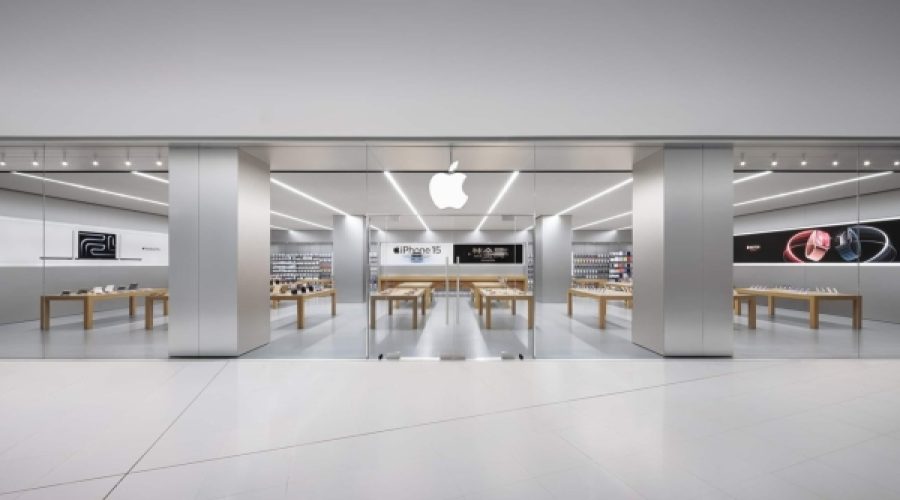Apple’s First Store Closure in China: What It Signals for Investors and Business Owners
Apple is set to close its retail store in northeastern China for the first time since entering the market in 2008. The company announced on Monday that its Dalian City location at Parkland Mall will shut down on August 9.
Locals on social media have described Parkland Mall as facing difficulties, with other prominent brands such as Michael Kors and Armani having also exited the mall. Brian Bumbery, an Apple spokesperson, explained the decision: “Given the departure of several retailers at the Parkland Mall, we have decided to close our store. We love serving the Dalian community, and all of our valued team members will have the opportunity to continue their roles with Apple.”
This closure reflects broader economic challenges in China tied to sluggish consumer spending. Despite government efforts, including programs incentivizing purchases of smartphones, washing machines, and electric vehicles, economists warn these measures may deliver only short-term boosts to consumption.
Apple is also facing ongoing difficulties in China, its second-largest market, having experienced six consecutive quarters of declining sales. In 2024, Apple’s revenue in China dropped to $66.95 billion, nearly 10% below its 2022 peak of $74.2 billion. Competition from domestic companies such as Huawei, Xiaomi, and Vivo continues to chip away at Apple’s market share. According to Counterpoint Research, Apple’s share of smartphone sales in China fell to 15.5% last year from 17.9% the previous year.
Despite the Parkland Mall store closure, Apple will maintain its other Dalian store in Olympia 66 mall. The company also plans to open a new store in Shenzhen later this month. With the new opening, Apple expects to finish 2025 with a total of 58 stores in China — the same number it had at the start of the year.
This report originally appeared in The New York Times.
Special Analysis by Omanet | Navigate Oman’s Market
Apple’s closure of its Dalian store highlights the challenges of shifting consumer behaviors and competitive pressure in mature markets like China, signaling that even dominant global brands must adapt swiftly. For businesses in Oman, this underscores the importance of diversifying market strategies and enhancing local consumer engagement to withstand economic fluctuations. Smart investors should consider capitalizing on emerging opportunities in regions with growing consumer spending and tech adoption, while monitoring competitive dynamics closely.



